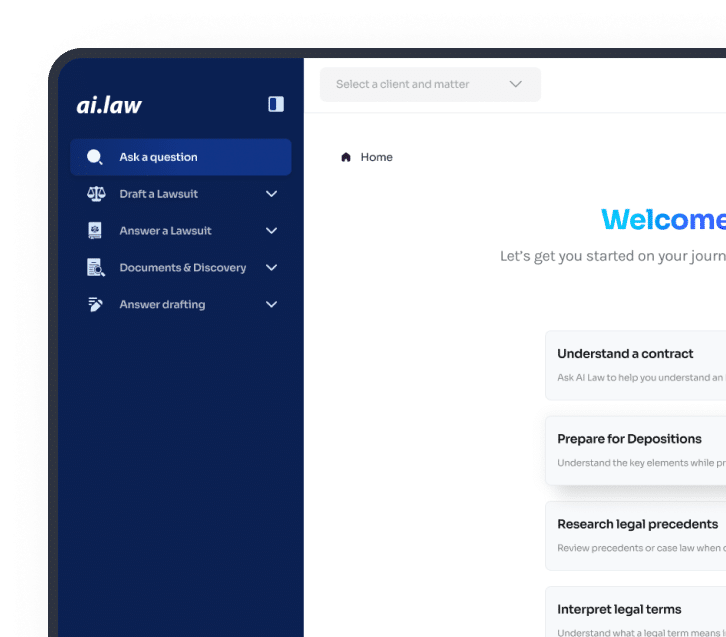
AI Discovery Response refers to the capability of artificial intelligence systems to analyze vast amounts of data and generate insights that facilitate quicker, more effective decision-making. In this context, ‘discovery’ pertains to the process of identifying patterns, trends, and relationships within datasets, while ‘response’ denotes the ability to act on these insights in a timely manner. This symbiosis of discovery and response is what sets AI apart from traditional data processing systems, allowing organizations to harness data not just for reporting but for strategic foresight and operational efficiency.
The foundational elements of AI Discovery Response include machine learning algorithms, natural language processing, and data mining technologies. These components work together to sift through unstructured and structured data, extracting valuable information that can transform business operations. By leveraging AI, organizations can minimize human error, reduce the time spent on data analysis, and improve overall accuracy in predicting outcomes. As a result, AI Discovery Response represents a paradigm shift in how businesses interact with their data, enabling them to become more proactive rather than reactive.
Moreover, the implications of AI Discovery Response extend beyond mere business applications. In fields such as healthcare, finance, and environmental science, AI is becoming a catalyst for groundbreaking discoveries and innovative solutions. The ability to swiftly analyze complex datasets means that researchers can identify correlations and causations that may have previously gone unnoticed. This capability not only enhances research but also accelerates the pace at which new findings can be translated into real-world applications, ultimately benefiting society at large.
In addition to saving time, Deposition Summary AI enhances the accuracy of legal documentation. By employing natural language processing and machine learning techniques, AI can identify key themes, facts, and testimonies with remarkable precision. This capability minimizes the risk of overlooking critical information, which is especially important in high-stakes cases where every detail matters. The increased accuracy of summaries ensures that legal teams have access to reliable information, bolstering their arguments and strategies.
Furthermore, the implementation of AI in legal writing fosters a more collaborative environment within legal teams. With AI-generated summaries readily accessible, team members can engage in informed discussions and strategize more effectively. This collaborative approach not only enhances the quality of legal work but also promotes a culture of innovation within law firms. As legal practitioners embrace technology, they position themselves to remain competitive in an ever-evolving industry.






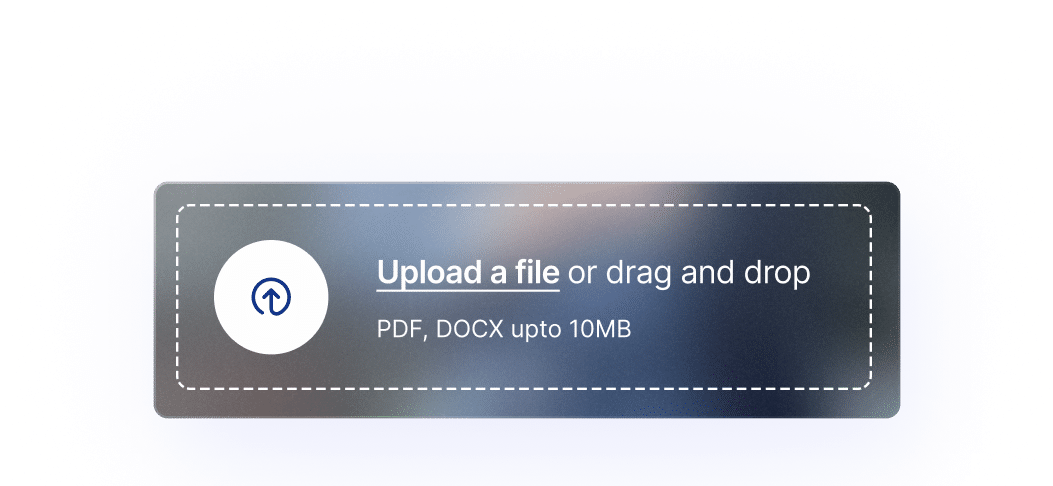

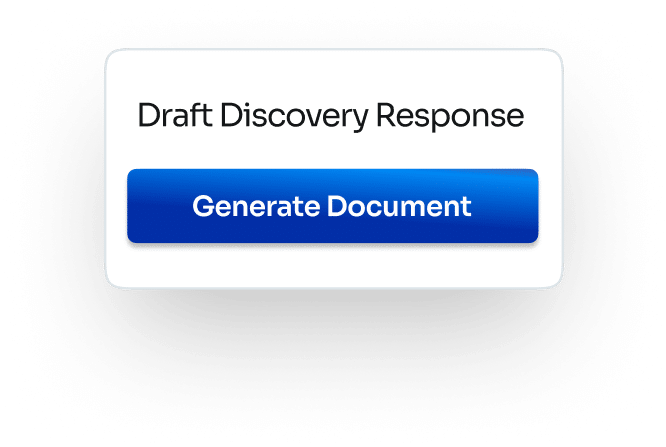


The landscape of discovery response tools in litigation is rapidly evolving, driven by advancements in artificial intelligence. AI.Law is at the forefront of this transformation, providing specialized AI-powered tools designed specifically to enhance discovery response processes. Unlike general data visualization software like Tableau and Power BI, which helps create interactive dashboards and reports, AI.Law’s tools are tailored to meet the unique demands of legal discovery responses.
Our platform integrates advanced AI capabilities, allowing legal teams to efficiently manage and analyze large amounts of data with precision. This enables attorneys and legal departments to quickly derive meaningful insights from complex case files during the discovery response phase, without needing extensive technical expertise. By simplifying the data analysis process, AI.Law empowers organizations to make quick, informed decisions that are critical for effective discovery response.
Additionally, AI.Law leverages machine learning technology akin to that used by platforms like Google Cloud AI and IBM Watson. However, our tools are specifically optimized for legal applications, enabling users to deploy our machine learning model that directly applies to discovery response scenarios. This bespoke approach ensures that the insights and predictions are highly relevant and immediately usable in managing discovery responses.
Furthermore, our natural language processing capabilities exceed those found in generic tools like OpenAI’s GPT and Amazon Comprehend. AI.Law’s NLP tools are fine-tuned for legal documents, enabling more precise extraction of relevant information from vast arrays of unstructured data such as court filings, witness statements, and legal briefs. This capability is crucial for understanding case nuances, enhancing the accuracy of legal strategies, and ultimately driving successful outcomes in the discovery response process.
The integration of these sophisticated AI tools into a single platform makes AI.Law a comprehensive solution for handling discovery responses. Our technology not only streamlines the discovery response process but also enhances the depth of legal analysis, helping firms and corporate legal departments stay ahead in a competitive market. By choosing AI.Law, legal professionals can transform their approach to discovery response, ensuring efficiency, accuracy, and strategic advantage.
Discover how AI.Law can revolutionize your discovery response process and help you harness the full potential of AI in your discovery response strategy by visiting our platform today.



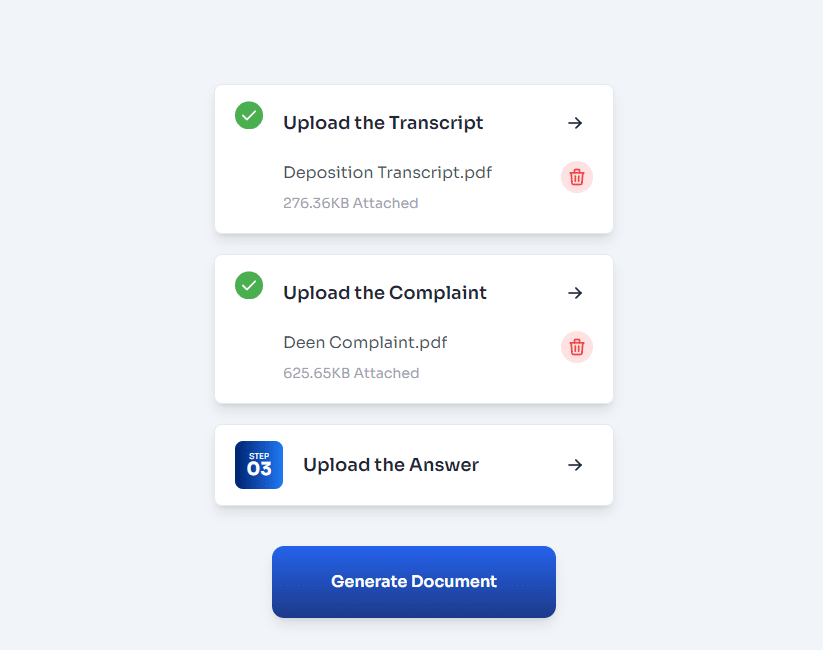



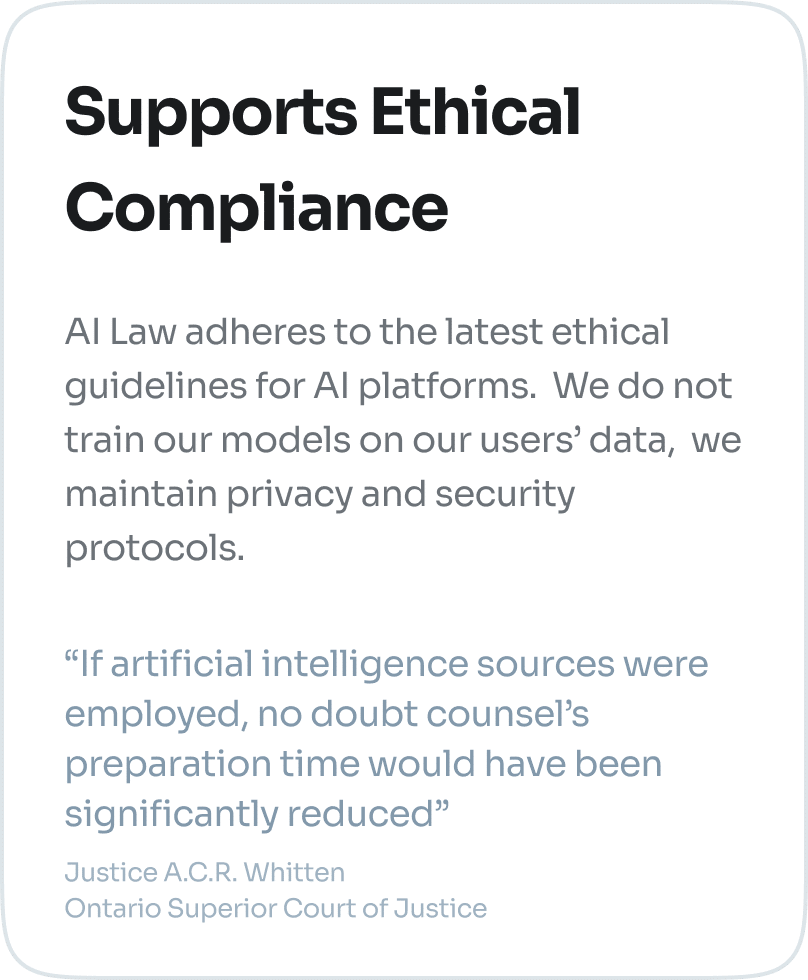
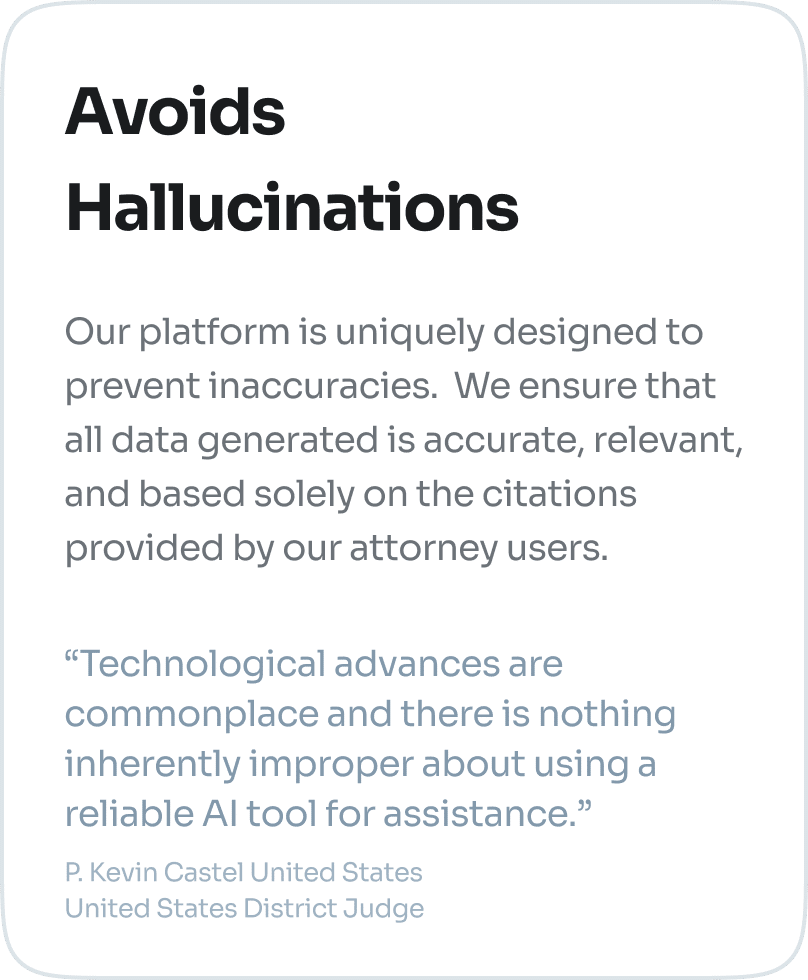
The future of AI Discovery Response is set for transformative changes, driven by technological advancements and evolving business needs, with AI.Law at the forefront of this evolution. An emerging trend in the AI Discovery Response sector is the integration of AI with edge computing. As the Internet of Things (IoT) continues to expand, the need for real-time data processing directly at the source is becoming increasingly critical. AI.Law harnesses this integration to enhance discovery response capabilities by analyzing data, which results in faster insights and more efficient responses. This advancement is particularly beneficial in sectors like manufacturing and insurance, where timely discovery responses can significantly impact efficiency and speed of resolution.
Furthermore, the growing emphasis on ethical AI practices is reshaping the landscape of AI Discovery Responses. As organizations become more aware of potential biases and the ethical implications of AI systems, there is a rising demand for transparency and accountability. AI.Law’s future discovery response solutions are designed to respond to discovery requests by focusing on the facts provided.
Additionally, the democratization of AI is profoundly influencing the AI Discovery Response domain. AI.Law is committed to making powerful AI tools more accessible to lawyers and legal departments. This will enables organizations of all sizes to harness these capabilities to drive innovation for their businesses for the benefit of their customers. AI.Law allows even non-technical legal professionals to engage with AI when responding to discovery requests, significantly expanding the scope of discovery responses and solutions that can be generated.
By choosing AI.Law, legal professionals and organizations can confidently navigate the future of AI Discovery Responses, benefiting from faster, more ethical, and increasingly accessible AI-driven litigation solutions. Explore how AI.Law can transform your discovery response strategy by scheduling your demo today!
